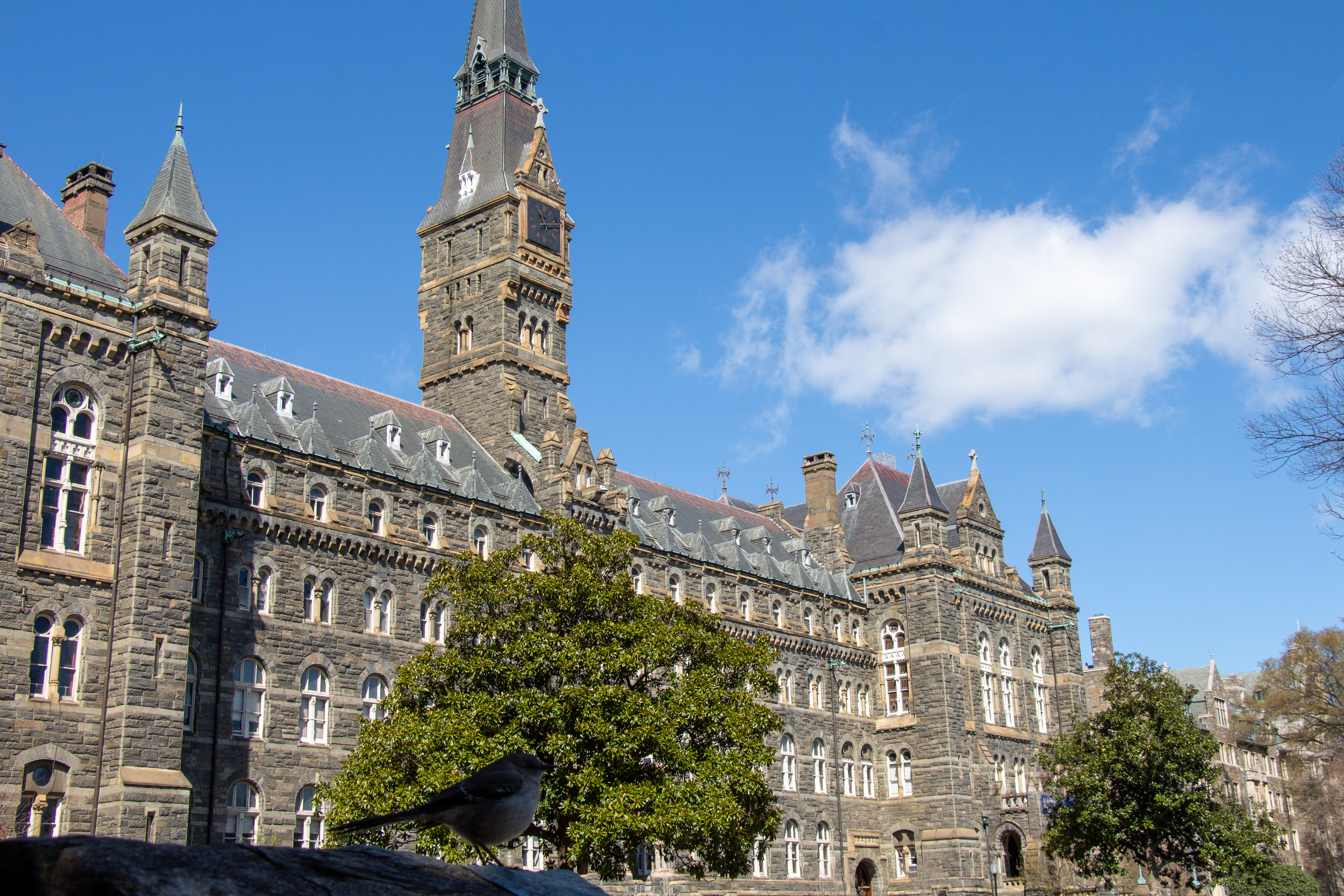Note: The Voice is publishing this letter as part of its commitment to hear from its readers. The letter responds to a story published earlier this semester, which can be read here. For more about our policy on letters to the Editor, read here.
Dear Editors of The Georgetown Voice,
I read the article you published on November 17th , 2023, entitled “Three Arabic department professors on leave amid student allegations of racism and discrimination” with considerable dismay. I am a Professor Emerita of History, having retired in 2022 after 39 years at Georgetown. I directed the Master of Arts in Arab Studies program for over ten years, and I have served as interim chair for the Department of Arabic and Islamic Studies. I know all three of the professors named in the article as valued colleagues, and I have interacted with literally hundreds of students who have studied Arabic with them over decades. I have heard much said in praise of these teachers, and I personally never received complaints of discrimination. In my opinion, the article failed to present anything resembling a balanced account: it did not give adequate voice to the many students who took issue with these allegations, nor did it address the wider context of the accusers’ well-documented disgruntlement about having to meet the requirements of the department.
The article gives the lion’s share of space to three students who said they were treated unfairly and discriminated against as Arab, Muslim, and/or Black students by three Arabic teachers. These students were given full rein to narrate their complaints in considerable detail; indeed, these three voices take up roughly 1500 out of the article’s 2100 words. By contrast, the voices of 54 former Arabic students and teaching assistants – Arabs, Muslims, and Brown and Black students among them – whose petition asserted that they had never witnessed any evidence of discriminatory behavior, are confined to some 150 words. The voices of the professors who are the targets of these accusations – all three Brown, Arab, Muslim women – are altogether missing. Although the author of the article does not explain this silence, it is the result of the professors’ adherence to the rules of confidentiality that govern IDEAA investigations, rules that prevented the professors from being able to defend themselves in this public forum. These rules apply equally to all participants in the process, and the fact that they were breached by the student complainants strikes me as a matter that calls for comment and sanction.
There is a notable lack of attention to the wider context in which these accusations arose. The article references a public letter from the Muslim Student Association issued in November 2022 that initially raised issues of discrimination. The subsequent petition with 54 signatories should have alerted The Voice that its quotation from the MSA letter claiming systematic racial targeting and abuse called for careful scrutiny. Indeed, the original MSA letter focused in the main on policies of the Department of Arabic and Islamic Studies that were seen as prejudicial to Arabic heritage speakers, that is students who have been raised with an Arabic dialect but may not be fully literate in modern standard Arabic. Some heritage speakers, but by no means all of them, were unhappy with standard departmental requirements that did not allow them to take placement and proficiency exams in native dialects. I cannot speak with any authority about how what
began as a much broader issue of departmental policies that were viewed as discriminatory eventually congealed into these allegations directed at three Arabic teachers who were doing the bulk of basic instruction but were not tenure-line faculty and therefore not in a position to make policy. Some good investigative journalism might have shed more light on the subject.
Sincerely,
Judith E. Tucker
Professor Emerita





